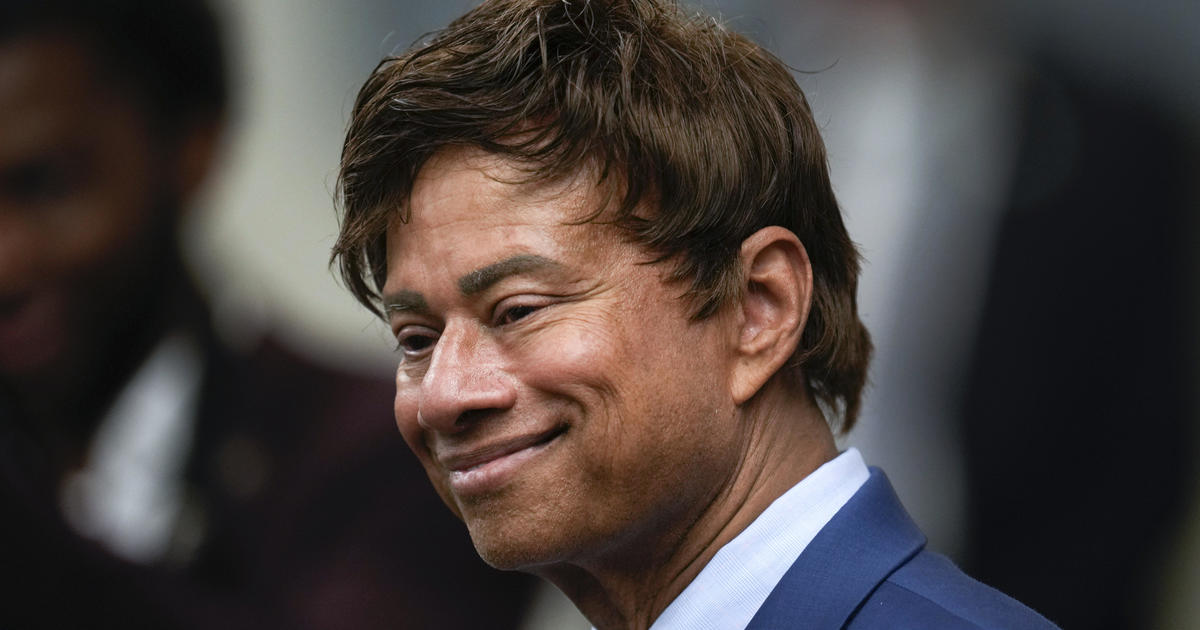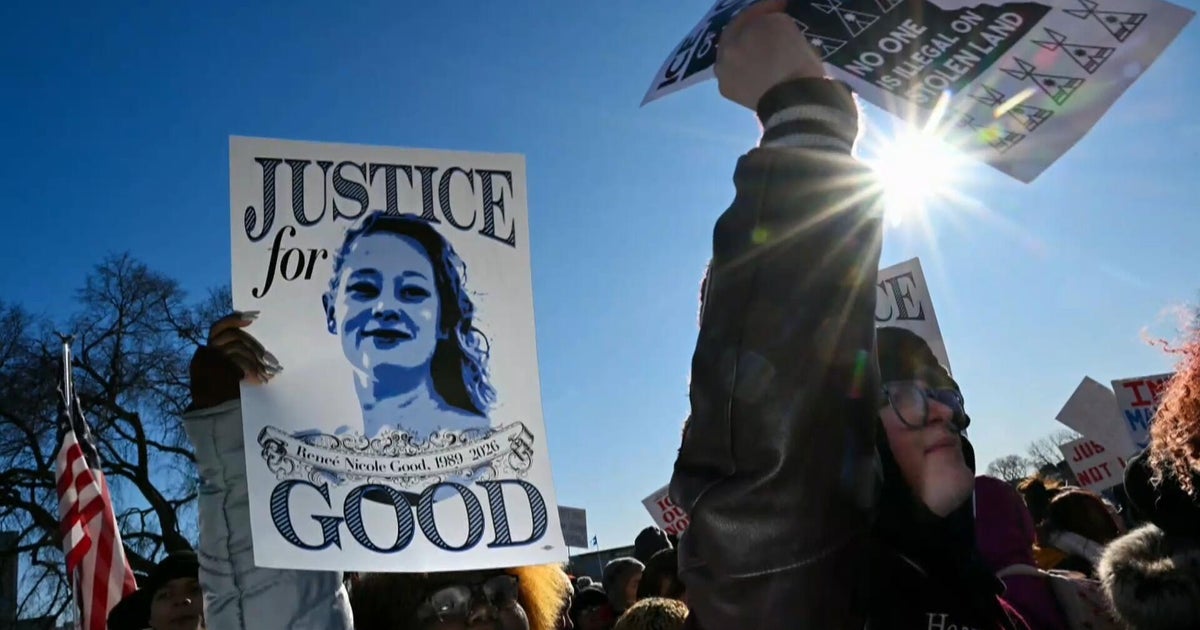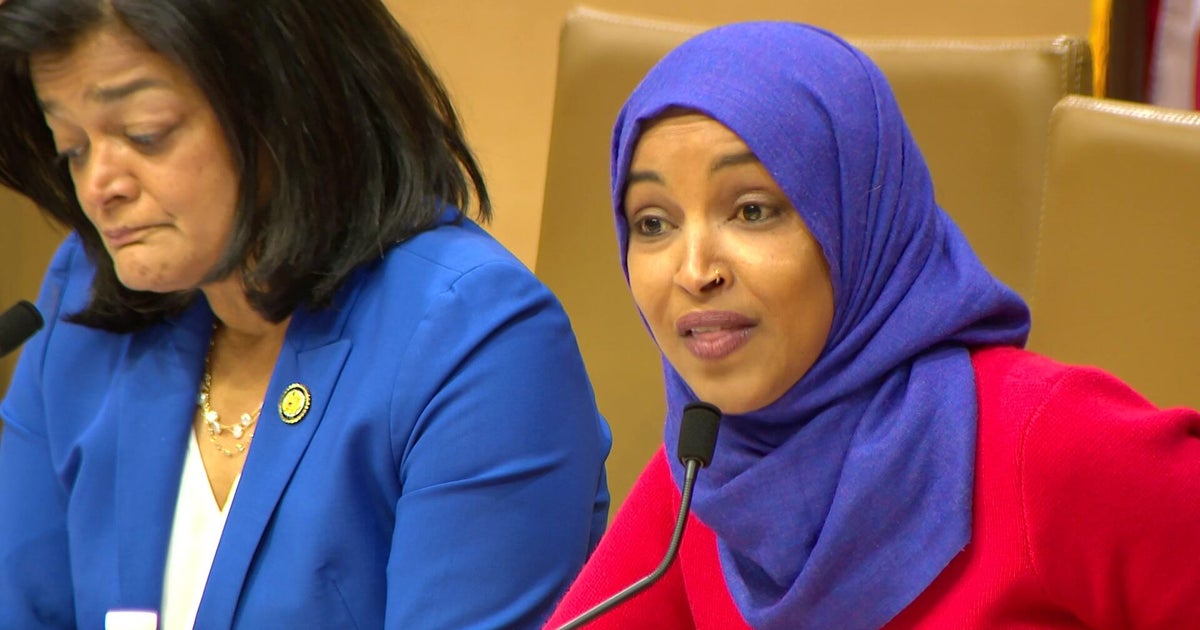Top immigration official Ken Cuccinelli unveils change to "public charge" rule
Ken Cuccinelli, the acting director of U.S. Citizenship and Immigration Services, briefed reporters from the White House Monday, as the Trump administration announces a change to the "public charge" rule that would ostensibly make it more difficult for low-income immigrants to obtain green cards.
As the Trump administration continues to roll back safeguards for immigrants in the United States, the White House is now going one step further by rolling out an enforceable version of the so-called "public charge" rule. The final rule is scheduled to be officially published on Wednesday and slated to go into effect in mid-October. Cuccinelli told reporters America has a history of citizens and legal immigrants pulling themselves up "by their bootstraps" and standing on their "own two feet."
"Public charge is now defined in a way that ensures the law is meaningfully enforced and those that are subject to it are self-sufficient," Cuccinelli told reporters Monday.
The change would dramatically expand the government's definition of the centuries-old term "public charge," effectively making it more difficult for certain low-income immigrants to secure permanent residency (green cards) or temporary visas. The rule is prospective, and will only apply to applications starting Oct. 1. Officials will evaluate age, health status, income and other factors, and "no one factor alone" will decide an applicant's case, Cuccinelli said.
The rule does not apply to refugees and asylum applicants, although the administration has already tightened rules for such applicants.
The White House for months has been promising to release legislation to reform the legal immigration system, although any such legislation has yet to materialize. Asked if this public rule charge is an admission from the administration that congressional action is moot, Cuccinelli said, "absolutely not," and this policy change isn't a substitute for congressional action.
"This does not substitute, does not substitute for congressional action in other areas. For instance, say — I mentioned asylees are not covered by this rule," Cuccinelli told reporters. "Asylum is a major subject of focus for us at my agency. And with the crisis at the border we've been all but begging congress to take action to close loopholes, some of them the same as the Obama administration, that has not happened. So in this narrow area of our responsibility we're relying on congressional direction and we've as I said I think put meat on the bones here I think today."
— This event is now over.
— CBS News' Kathryn Watson and Camilo Montoya-Galvez contributed to this report.





